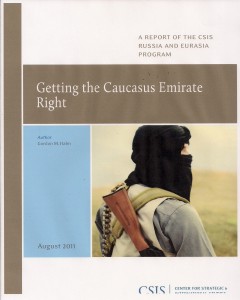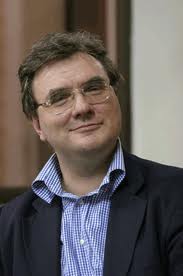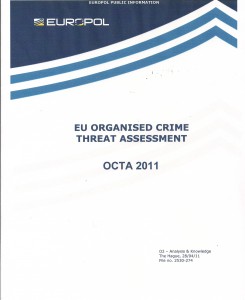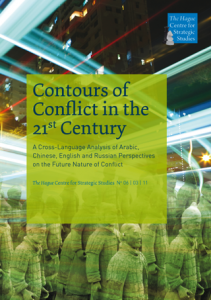Search led to this. Thank you.
Why Spy?
The Uses and Misuses of Intelligence
by Stanley Kober
Stanley Kober is a research fellow in foreign policy studies at the Cato Institute.
Executive Summary
America's intelligence agencies should devote their resources to the most serious security threats, principally international terrorism and adverse political trends. Instead, the Clinton administration has diverted the intelligence community to economic espionage.
The economic espionage mission is based on faulty assumptions and damages relations with governments whose cooperation we may need in dealing with significant security threats. Indeed, Washington's use of the Central Intelligence Agency for economic spying has already led to ugly incidents with Japan and France. The focus on commercial espionage also creates a myopic perspective from which developments such as massive corruption in another country are seen as merely economic factors, rather than harbingers of political instability.
There are more than enough bona fide security problems in the world to command the full attention of the intelligence community. The most serious is international terrorism. Penetrating and neutralizing shadowy and secretive terrorist organizations will pose a daunting task for the intelligence agencies. There are also disturbing political trends that warrant close scrutiny, including the continuing turbulence in Russia; China's emergence as an assertive, if not abrasive, great power; and early signs of a Beijing-Moscow axis motivated by hostility toward the United States.
It is essential, not only that the intelligence agencies focus their efforts on such actual or potential security problems, but that policymakers listen to the agencies' assessments, especially when those assessments raise questions about the wisdom of current U.S. policy. Unfortunately, the Clinton administration all too often seems indifferent if not hostile to such valuable early warnings.
Phi Beta Iota: There are some gems in here, for example, the US policy of demanding weak encryption in commerce so NSA does not have to work hard, only stupid. NSA is a monstrous tragic comedy, an expensive albatross that corrupts US intelligence in the extreme. The essay is wrong-headed on other point, not least of which is the raw fact that what our politicians and appointed policy people do every day in the way of treason against the public interest is THE greatest threat to the Constitution and the Republic.





